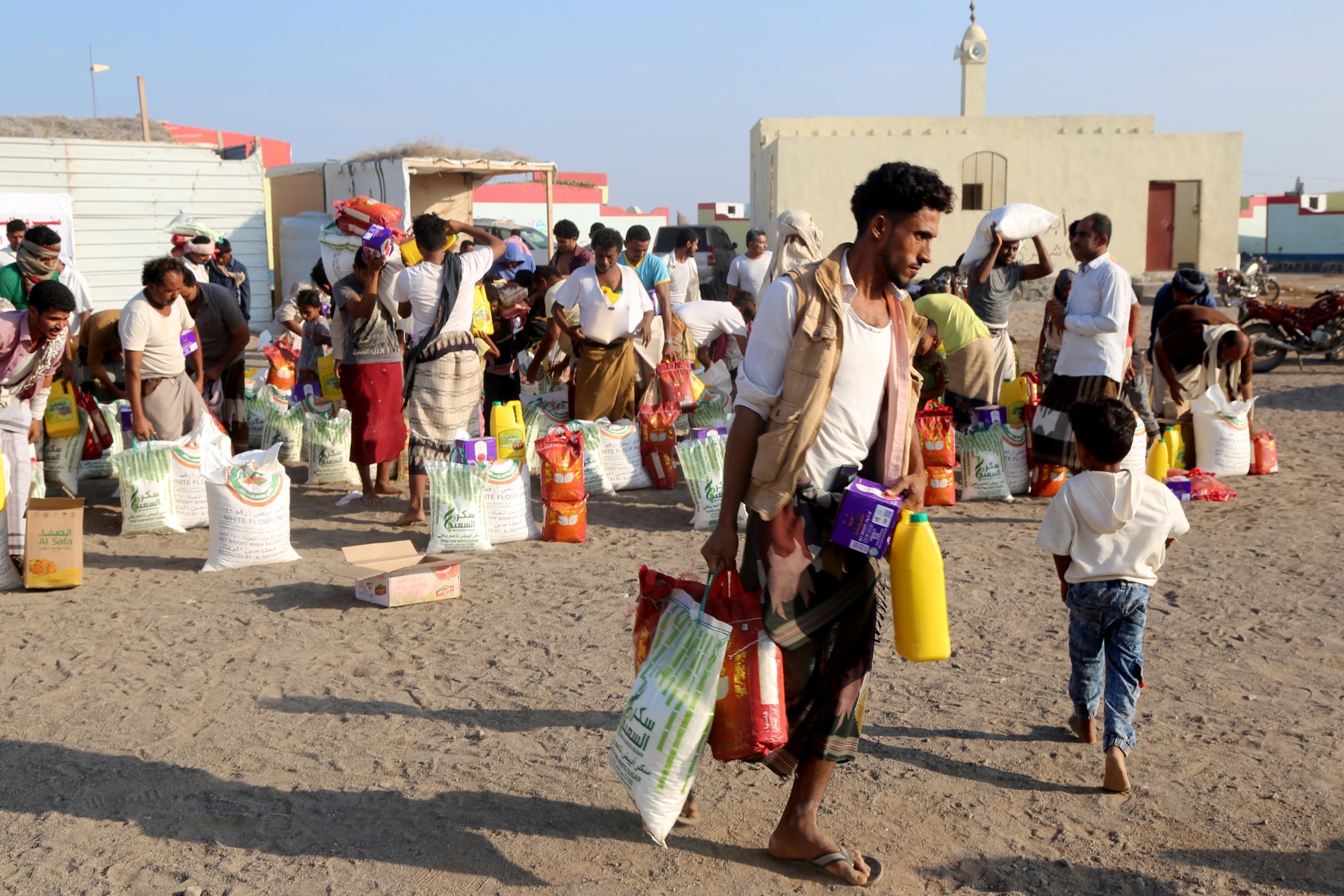Riyadh, Saudi Arabia– Saudi Arabia has approved a $1.2 billion grant to Yemen’s internationally recognized government, two officials told AFP on Tuesday, the latest attempt to prop up the war-scarred country’s flagging economy.
Yemen’s finance minister and central bank governor as well as the Saudi ambassador were expected to disclose details of the grant at a signing ceremony in Riyadh, said the officials, who spoke on condition of anonymity to confirm the amount.
Since 2015, Riyadh has led an international coalition backing the Aden-based government in its war against Houthi rebels, who seized the capital Sanaa in 2014.
Fighting has dropped off sharply since a UN-brokered truce took effect in April last year, even though it lapsed in October.
However more than two-thirds of Yemenis depend on aid to survive amid a grinding economic crisis marked by a collapsed currency and import bans.
The UN special envoy for Yemen, Hans Grundberg, said in June that “economic warfare” between the opposing parties had compounded the country’s problems.
At the end of last year, Houthi drone attacks on government-run oil terminals halted hydrocarbon exports, the main source of income for the Saudi-backed government, which is headed by an eight-member Presidential Leadership Council unveiled in Riyadh shortly after the truce began.
The government has struggled to finance basic services and pay the salaries of civil servants.
The Saudi Development and Reconstruction Program for Yemen has touted Riyadh’s efforts to ease Yemen’s economic woes, including a $1 billion deposit in the central bank earlier this year, a $600 million oil derivatives fund and $400 million for development projects such as housing and hospitals.
A surprise rapprochement deal announced in March between Saudi Arabia and Iran, which backs the Houthis, raised hopes for a durable ceasefire in Yemen.
The following month, Saudi ambassador Mohammed al-Jaber travelled to Sanaa for talks with Houthi officials.
Those meetings ended without a new agreement, though Jaber told AFP in May he believed all parties were “serious” about wanting peace.

